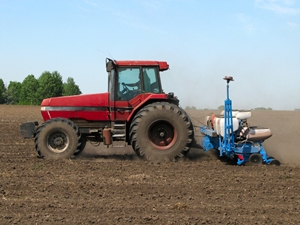Those from a multi-cultural background seeking agricultural apprenticeships in Queensland should benefit from a partnership between the state government and leading farming organisation, Stanbroke.
The two institutions have signed a Memorandum of Understanding to ensure more jobs are offered to migrants and refugees living in Queensland.
“This agreement will help build Queensland’s agriculture industry, which is one of the industries critical to growing Queensland’s four-pillar economy,” Minister for Aboriginal and Torres Strait Islander and Multicultural Affairs Glen Elmes said in a March 1 media release.
“Stanbroke will work with migrant jobs broker, Access Community Services, to supply and support new recruits to Stanbroke’s Lockyer Valley facilities and explore more job pathways within its beef production chain.”
Mr Elmes hopes that this partnership will encourage other industries and states to take a similar approach to the employment of migrant and refugee workers.
“Queensland reaps significant economic and social benefits from the skills, knowledge and ingenuity generations of migrants have contributed to developing Queensland and enriching its social and cultural profile,” he explained.
“Migrants and refugees are a ready and motivated asset for regional businesses who find it difficult to get and retain staff.”
In addition to this partnership, Education, Training and Employment Minister John-Paul Langbroek announced further funding as part of the Newman government’s $47 million Community Learning program.
“The 2014-15 funding of $10 million will create job-focused training, giving a minimum of 4,000 disadvantaged learners an opportunity to gain nationally recognised training,” Mr Langbroek said in a February 28 statement.
In the 2013-14 financial year, the Community Learning funding supported 49 projects and more than 3,900 people. This year, registered training and community organisations can apply for grants of up to $400,000 to grow and develop their services.
This investment is also expected to support job seekers from multi-cultural backgrounds. Mr Langbroek revealed around 60 per cent of program participants last year were women, while 30 per cent came from overseas.
“The Multicultural Development Association in Brisbane has partnered with HELP Enterprises to support newly arrived migrants and refugees with training in business administration, and is working with local chambers of commerce to provide vital work experience,” he said.
Mr Langbroek explained how training in a community-based setting is often less restrictive for people facing challenges to employment and learning. This program is designed to ensure training is available to suit individual needs, abilities and disadvantages.
By Leanne de Toerkenczy, Public Relations Coordinator

